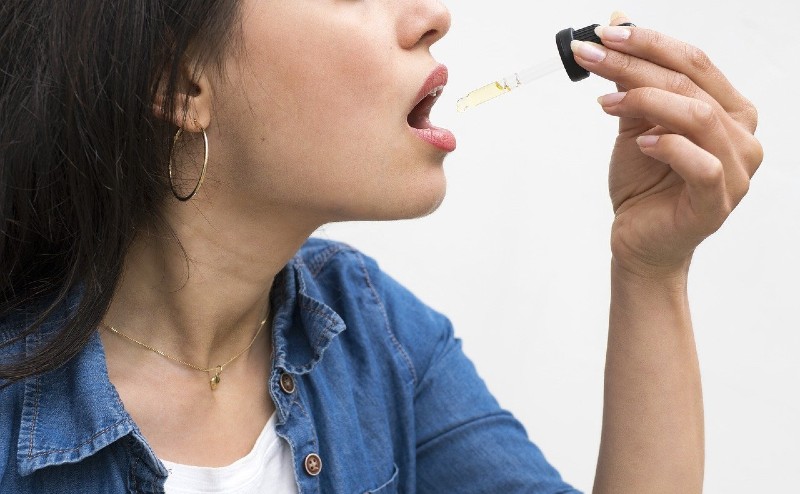Arguably the most popular cannabinoid on the planet right now is cannabidiol (CBD).
CBD’s popularity has grown exponentially in recent years.
In fact, CBD is searched for more often on Google compared to THC, and that has been the case for a handful of years now.
The rise in popularity for CBD has been paralleled by CBD’s availability in most countries.
People can purchase CBD products almost anywhere, from gas stations to online platforms.
In virtually every country that permits legal CBD sales, CBD is treated differently compared to THC from a regulation and public policy standpoint.
Whereas only two countries on earth allow sales of THC products for adult use, dozens of countries now allow CBD in one form or another.
Most CBD is derived from hemp as opposed to non-hemp cannabis, and as such it is easier to produce on a large scale compared to cannabis that is high in THC.
The abundance of global CBD supply is being infused into just about anything imaginable right now and many consumers are left wondering if the products they are purchasing are worth the money?
Not Enough CBD?
If you have ever searched for CBD products, then you are probably well aware that there are an incredible arrayt of options.
Figuring out which one is best for your particular situation can prove to be a daunting task.
A good place to start is to look at how much actual CBD is in the product.
According to a recent study conducted in the United Kingdom, the amount of CBD in a product varies widely.
The study was conducted by a team of investigators at King’s College in London and examined the safety and effectiveness of commercially marketed CBD products that are commonly available over-the-counter.
The researchers found that the contents of the CBD products involved in the study were of “variable quality” and that the amount of CBD in the products was significantly below the doses used in controlled clinical trials.
“Although there is enormous consumer interest in CBD, there is little evidence that OTC preparations have significant pharmacological activity or provide health benefits. … [C]ontrolled trials of OTC preparations are needed to address this issue. There is also a need for more accurate labelling and advertising of OTC CBD products,” the researchers concluded.
Dosage and Source Matter
As you can see from the results of the previously cited study, the amount of CBD in a product will make a considerable difference in how it effects users.
Microdosing may make sense when it comes to THC, however, the same does not appear true for CBD.
The quality of the hemp or non-hemp cannabis from which the CBD is sourced is obviously very important as well.
The proliferation of hemp cultivation around the globe in recent years has resulted in a lot of undesirable hemp-derived products flooding the market.
Make sure the CBD products you buy have sufficient CBD levels, that the CBD was sourced from quality hemp or non-hemp cannabis, and the labeling is accurate.
The easiest way to ensure that all happens is to only buy CBD from reputable companies.






